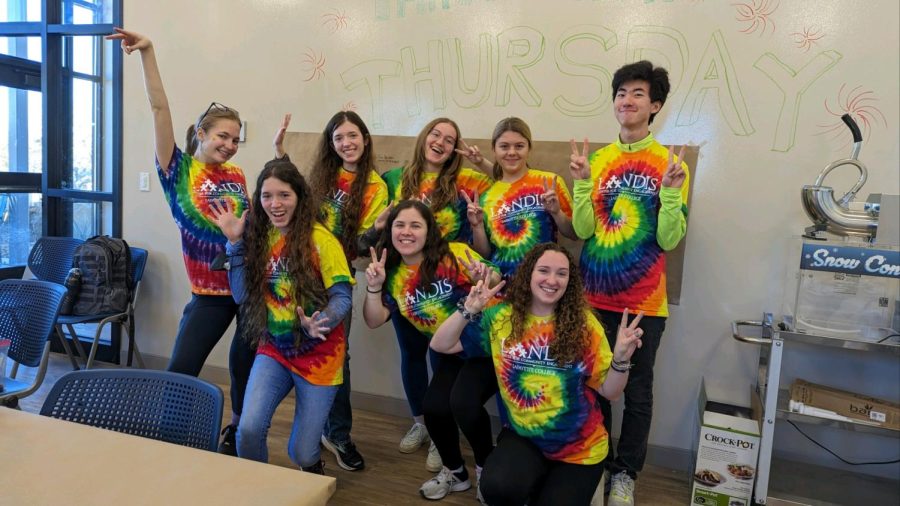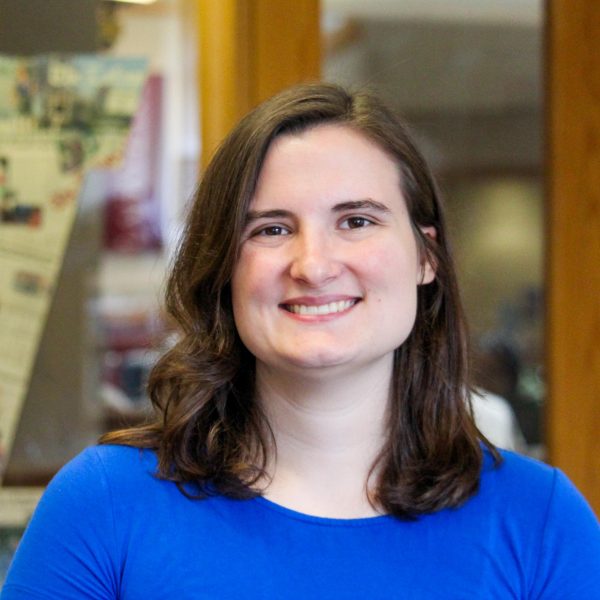Over the interim, a group of students visited the supported living community 29 Acres in Denton, Texas through Alternative School Break (ASB), a program that fosters civic engagement and inspires positive change. While participating in creative activities, the students forged strong bonds with the adults in the program.
29 Acres provides a variety of both residential and day programs for neurodivergent adults. Through these programs, 29 Acres teaches life skills and provides resources that are often not available to neurodivergent people after high school.
“A lot of what we were doing was kind of different from some service that even ASB has done in the past, which is very much hands-on … This was more of an engagement with people,” ASB president Kaitlyn Hilley ‘23 said. “We were primarily doing activities with them and just kind of hanging out with them … forming those bonds and friendships throughout the day and just being a friend to them and getting to understand how their organization works.”
ASB hosted a day of activities entitled “Throwback Thursday.” On this day, students and members of the 29 Acres community participated in a variety of activities including tie-dying, jazz exercises, mural painting and CD painting. However, students said that one of the most important parts of the trip was the relationships formed.
“I made a really good connection with one kid. He went by Coach because he says he’s the coach of the Kansas City Chiefs, and he would call me Patrick Mahomes,” Katerina Rubin ’25 said. “And I actually miss him — I miss them all — and I feel like people don’t think about forming relationships with people who are on different neurodivergent levels, but we should more often, and we don’t realize it’s so easy to.”
During the trip, the members of ASB expanded their knowledge of the neurodivergent community, including stigma and biases. Now, back in Easton, they have taken these lessons with them.
“We do a lot of learning beforehand so that when we go on these trips and when we’re with these communities, we’re coming in with an educated mindset … not just being like a savior and popping in,” Hilley said. “When we come back, we’re taking what we learned and want to bring it back to campus. Half of the whole initiative of ASB is bringing it back — how do we reeducate Lafayette?”
Since returning to campus, ASB has had many discussions about their trip, how to keep in contact with those they met at 29 Acres and plans to work with MOSAIC’s Classroom Companions, the Accessibility Office and the Hanson Center’s Inclusivity in STEM program.
“I feel like even in the past few semesters, the lack of accessibility on this campus is starting to become a bigger conversation,” Elonne Pisacane ’25, one of the ASB team leaders, said. “I think that the more people recognize the lack of accessibility or the lack of safe spaces, the more that we can have a positive impact here at Lafayette.”
ASB applications will open again this fall. Students can reach out to the Landis Center to learn more.



























































































































